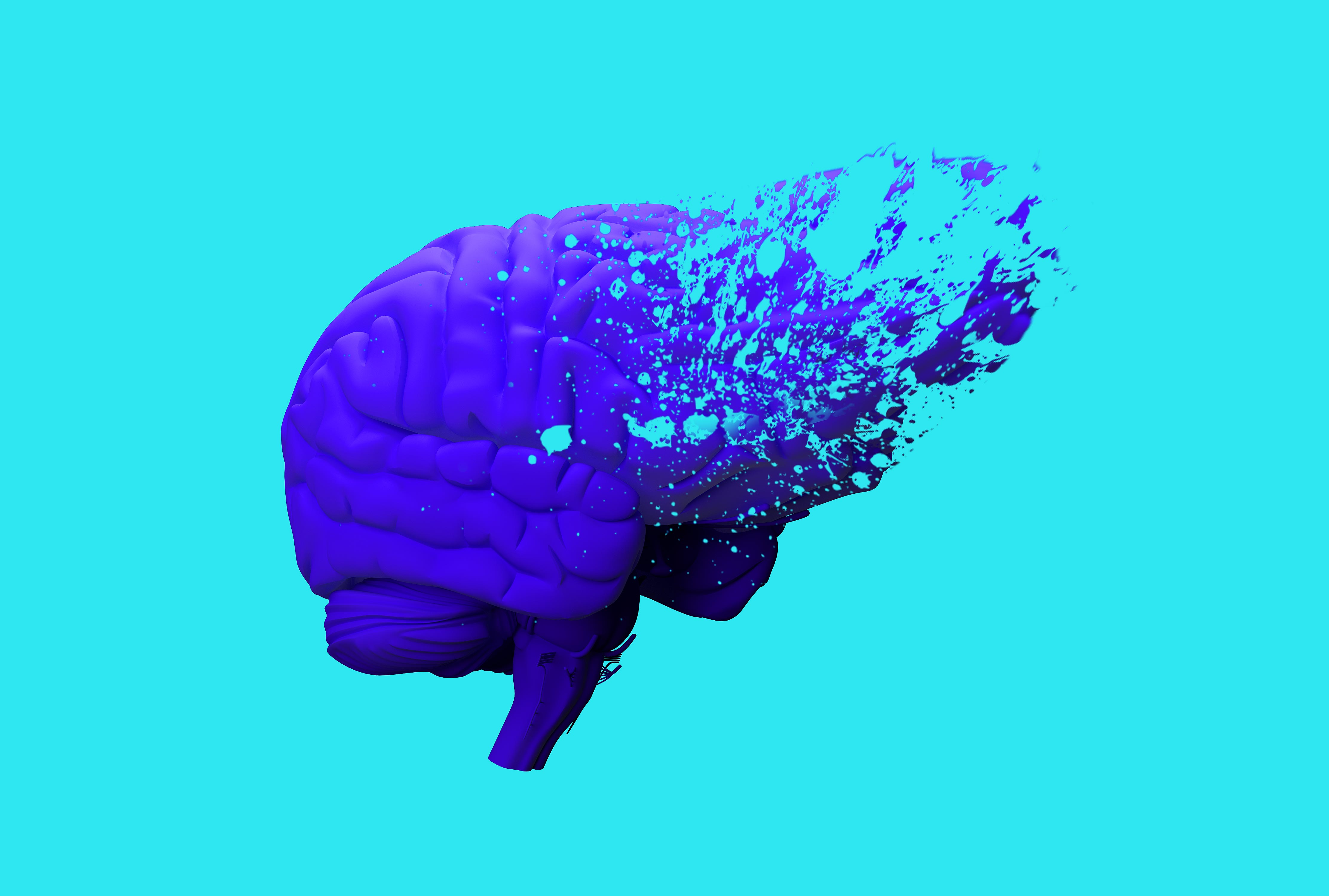Understanding Dementia: Types, Risk Factors & Prevention

Dementia describes a set of symptoms that affects people’s memory, thinking and social abilities in a way that can impair their ability to carry on with normal daily life. While dementia isn’t a disease on its own, it is a symptom of several different kinds of diseases. Some instances of dementia can be reversible, depending on their cause.
According to the Mayo Clinic, Alzheimer’s disease is the most common type of dementia, accounting for about 60 to 70 percent of cases. Individuals with Alzheimer’s experience progressive dementia, meaning it will worsen over time and there is no cure.
Symptoms of dementia
Dementia causes both cognitive and psychological changes. The most recognizable cognitive symptoms are:
-
Memory loss, often first noticed by a loved one or the individual having the problem
-
Trouble communicating and remembering specific words
-
Difficulty solving problems and using reasoning skills
-
Confusion and disorientation
-
Trouble completing tasks that require visual and spatial perception, such as driving a vehicle
-
Difficulty planning, organizing and completing difficult tasks
-
Impaired or reduced coordination and motor functions
Behavioral and psychiatric changes may include changes in personality, depression and anxiety, paranoia, hallucinations, inappropriate behavior and general agitation.
Types of dementia
Dementia occurs when individuals experience damage to or the loss of nerve cells in the brain, as well as their corresponding connections. The condition affects people differently depending on the part of the brain that’s affected by the damage, according to the Mayo Clinic.
Some types of dementia are not reversible: Alzheimer’s disease, vascular dementia, mixed dementia, frontotemporal dementia and Lewy body dementia.
Alzheimer’s disease is the most common cause of dementia and occurs when an individual has plaques and tangles in the brain. Plaques refer to clumps of protein called beta-amyloid, while tangles refer to tangled fibers made up of tau protein. According to the Mayo Clinic, it’s thought that these clumps damage healthy neurons as well as connective tissues of fiber. We don’t know everything that causes Alzheimer’s, but experts have discovered that at least a small percentage of cases are linked to genetic mutations.
Vascular dementia is the second most common type of dementia. It occurs when there is damage to the vessels that help bring blood to the brain. With vascular dementia, the most common symptoms include trouble solving problems, focusing and organizing, and slower-than-normal thinking.
For some people, dementia is caused by more than one factor, which is called mixed dementia. Most common in older people, mixed dementia can be the result of a combination of conditions such as Alzheimer’s disease, vascular dementia and more.
Frontotemporal dementia occurs when there is a breakdown of nerve cells and their connections in the frontal and temporal lobes of the brain. People suffering frontotemporal dementia usually display changes in behavior, personality, language, judgment, movement and thinking.
Lewy bodies refer to abnormal, balloon-like clumps of protein, and are found in the brains of people with Lewy body dementia, Alzheimer’s disease and Parkinson’s disease. One of the more common types of dementia, Lewy body dementia often causes visual hallucinations, slow movement, lack of coordination, tremors and rigidity, difficulty focusing and the tendency to act out dreams during sleep.
Though these forms of dementia are mostly irreversible, dementia may be resolved if the causes include infections and immune disorders, metabolic problems, nutritional deficiencies, poisoning, brain tumors and more.
Dementia risk factors & prevention
Uncontrollable factors that put an individual more at risk for dementia include aging, family history and Down syndrome. However, some risk factors can be controlled. For example, maintaining a balanced diet, exercising regularly, not drinking alcohol excessively, keeping your mind active and not smoking tobacco can reduce your risk for developing dementia.
While there is no surefire way to prevent dementia, you can maintain healthy habits and keep your eye out for symptoms so you can talk to your doctor about any concerns you might have, especially since some causes of dementia can be successfully treated and managed.


















